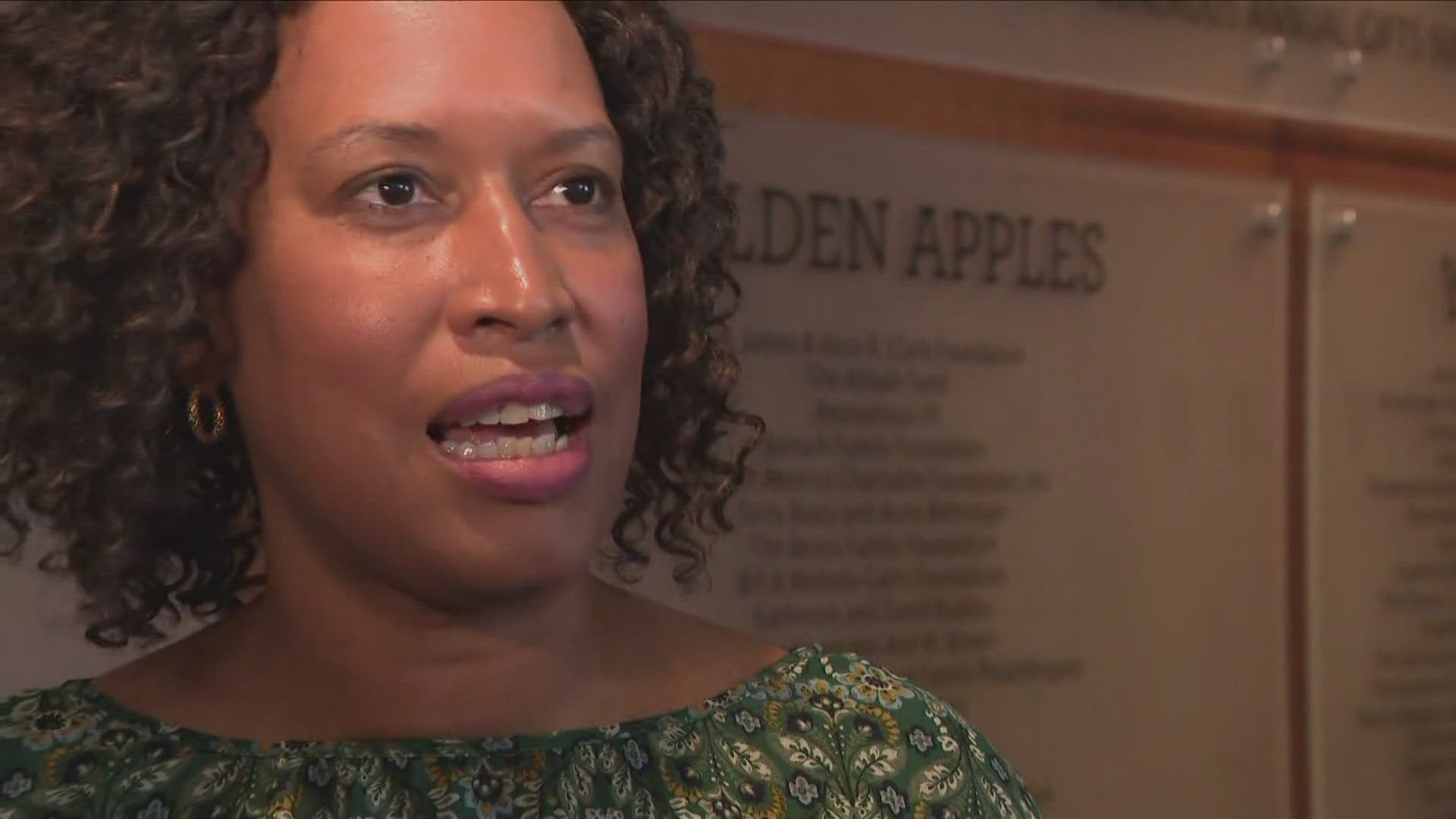WASHINGTON — Mayor Muriel Bowser is pushing back against the calls to reform the agency charged with the supervision and custody of kids and teens convicted of crimes in the District.
Last week, Attorney General Brian Schwalb said that the Department of Youth Rehabilitation Services (DYRS) is not providing committed youth with a complete treatment plan within 90 days as is required by D.C. law. He added that the failure to provide prompt services is contributing to the high rates of recidivism among District youth.
"Almost every single one of the kids committed to DYRS care gets arrested again. That is not acceptable," Schwalb said during a Tuesday press conference.
Schwalb has introduced the Recidivism Reduction, Oversight and Accountability for DYRS Act of 2024 — or ROAD Act. The legislation would require DYRS to create a treatment plan for committed youth within 30 days. According to Schwalb it would also strengthen the District Court's authority to intervene if the agency is not providing the appropriate services. The bill also proposes a permanent independent oversight committee over the agency.
Mayor Bowser says she has not read the proposal and is not willing to work with Schwalb on reforming the agency under her purview, telling WUSA9, "DYRS is a fantastic agency and we need to focus on making sure that they have the people that they need, and if the young people need to be in secure detention, are actually in secure detention."
Bowser's comments come just hours after a report released by the Office of the District of Columbia Auditor (ODCA) also took aim at the youth rehabilitation agency. The study focuses on youth involved in both the welfare and juvenile justice system identified as "crossover youth."
The report found that DYRS and Child and Family Services Agency (CFSA):
- Are not using a definition of crossover youth consistent with D.C. Code
- Have failed to identify the full population of crossover youth
- Do not identify crossover youth in guiding documents, data management systems, policies or practices
- Do not recognize that crossover youth have unique needs requiring specialized case management and programming
- Have insufficient communication, collaboration, and data-sharing among agencies regarding crossover youth in D.C.
“Our child welfare and juvenile justice agencies have a real opportunity to lead in the creation of a system that supports our crossover youth and improves the lives of our most vulnerable young people,” said D.C. Auditor Kathy Patterson in a press release.
WATCH NEXT: Early voting underway in DC

